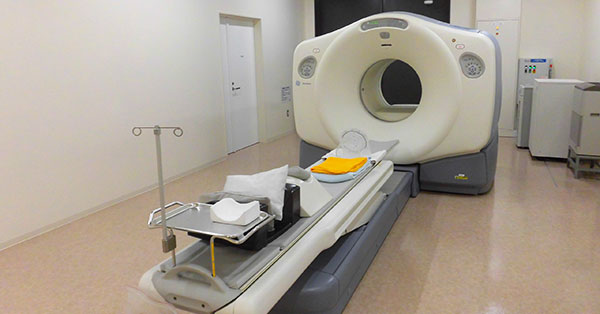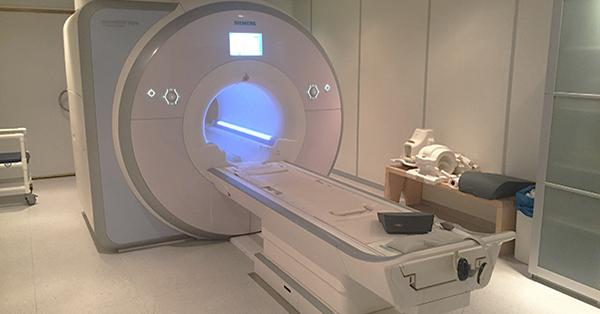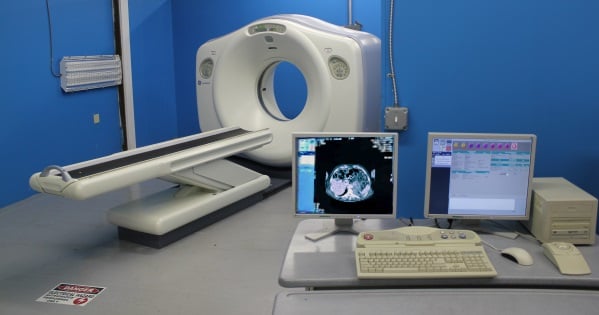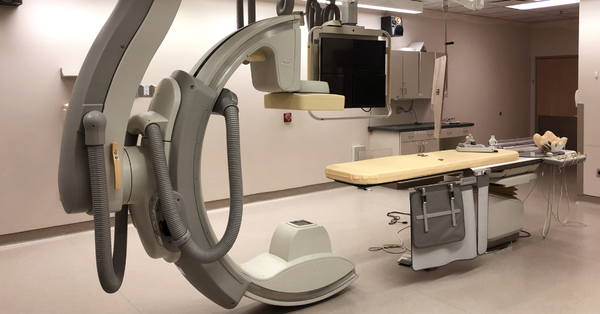
February 22, 2023 : 2 min read
Philips FD 20 Version 7 Declared 'End of Support'
If you have a Philips FD 20 Version 7 cath lab in your facility, Philips has likely notified you that the system has reached its "end of support" as of late 2022.
In 2019, the FD 20 version 7 was deemed "end of life", so what's next for end users now that this system has received the double EOL, EOS designation?
With your FD 20 declared EOS, and some flexibility in your current budget, you decide that now is a good time to upgrade the Cath Lab at your primary facility. At the same time, you leverage the capabilities of third-party parts and service providers to relocate your FD 20 to an outpatient facility, upgrading from even older equipment in use there, and save yourself 25%-30% vs OEM service pricing.
Knowing the Philips FD 20 Version 7 is deemed EOS, let us give you the scoop on what EOS means for your imaging equipment, why EOS isn't as urgent as it seems, and how an EOS designation can actually be a good thing for your operating budget.
Why is my system declared EOS?
End of Support (EOS): Life cycle stage of a product starts when the manufacturer terminates all service support activities and service support does not extend beyond a certain date. This also precludes them from needing to take potentially costly action to bring older equipment into compliance with changing standards.
If you're under an OEM service contract, you're most likely "grandfathered in" and will continue to receive support until the OEM runs out of parts or the ability to service. If this happens before your service contract end date, the contract will most likely be prorated.
The biggest reason for EOS declarations though is encouraging customers onto the upgrade pathway to newer products. The upgrade pathway isn't necessarily a bad road to travel. Newer systems often have technology that offers better image quality, more streamlined workflow, and greater patient comfort. The drawback is, of course, that newer systems come with high price tags- something not every facility is ready to handle on short notice.
Why EOS Isn't Usually Urgent
There are two key reasons why an EOS declaration for your system isn't an urgent matter:
1. If you're under an OEM service contract, you're most likely "grandfathered in" and will continue to receive support for the duration of the contract. This time period may be longer for some than others, but you won't be cut off immediately.
2. Once the original manufacturer stops offering maintenance for a system, that doesn't mean that spare parts and servicing are impossible to find. Especially for popular models such as Philips FD 20, there are third-party suppliers, like Block Imaging, who can supply the necessary resources to keep the system running for a long time- sometimes up to a decade or more!
How EOS Can Help You Save
In some cases, an EOS designation could help your budget.
With the OEM out of the picture for service, and intentions to upgrade still a couple of years in the future, you can research independent service options, like Block Imaging, and keep your FD 20 fully covered for 30-40% less than you were spending.
Once your FD 20 is declared EOS and you have some flexibility in your budget, you may decide to upgrade your cath lab. In this situation, leveraging the capabilities of a third-party parts and service provider could help you efficiently relocate your FD 20 to an outpatient facility. Using this option, you’ll be able to upgrade your outpatient facility system while saving yourself 25-30% on OEM service pricing. A win-win.
The Takeaway
At the end of the day, does receiving an EOS notice mean that something is going to have to change? Yes. Does it mean that change needs to be costly and/or immediate? No.
In fact, the change might be years in the future and actually save you money in the long run.
Our team works with EOL and EOS systems every day and we're ready with an experienced service team and thousands of parts in stock, ready to be shipped to your site. Have more questions about EOL or EOS? Visit our service page for FAQ's and more resources.
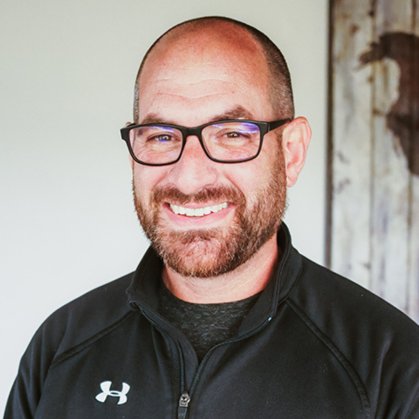
Chris Kinnas
Chris Kinnas is a National Service Solutions Manager at Block Imaging. His goal is to see imaging facilities covered by the very best service for maximum equipment uptime. Outside of the office, he is a husband, a father of 4, and an avid Chicago sports fan.



